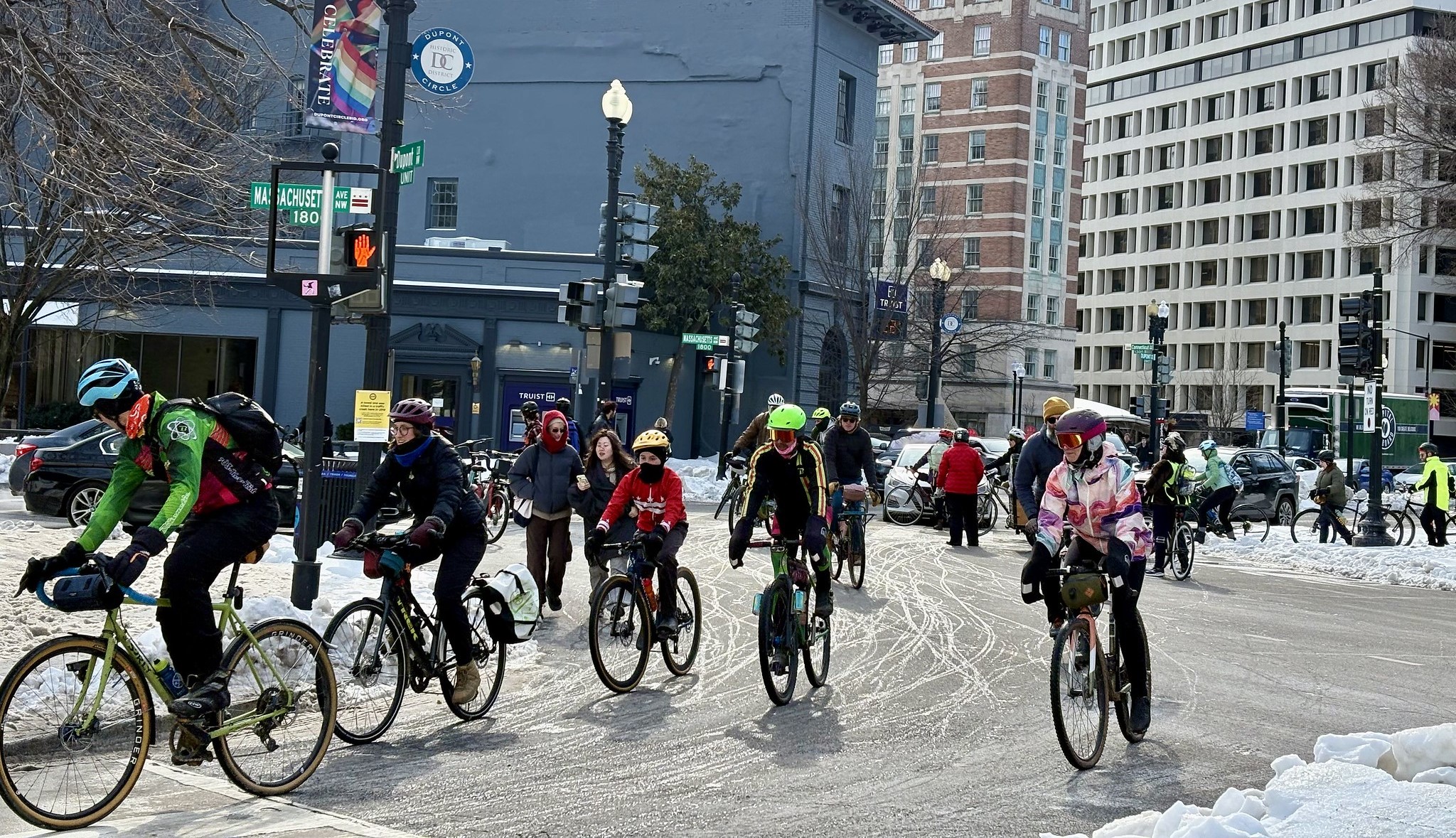A handful of Republican Senators really have a knack for rooting out waste in our transportation system -- but only the kind of "waste" that is imaginary.
Despite their claims to fiscal responsibility, Senators Tom Coburn, John McCain and Rand Paul haven't zeroed in on egregious transportation boondoggles like the $1.7 billion cloverleaf in Wisconsin or the $5.2 billion highway to nowhere outside Houston.
Nope. These "fiscal watchdogs" have taken aim at a $900 million program that provides the majority of the nation's bike and pedestrian infrastructure. And they've used some wild and colorful examples to support their position. Senators Paul and McCain said the Transportation Enhancements program has been used to pay for -- no kidding -- a "turtle tunnel" and a giant roadside coffee pot.
But this weekend the Associated Press looked into these claims as part of their "Fact Check" feature and found the senators "exaggerated and misrepresented some projects" in their attack.
Brent Hugh at the Missouri Bike and Pedestrian Federation breaks down how the AP report should inject some common sense back into the discussion:
The fact check is unusual -- every supposedly horrible example of Transportation Enhancements spending is completely debunked. Each example turns out to be either grossly exaggerated or completely misleading. That's not surprising, because Transportation Enhancements is the single largest source of funding for bicycle and pedestrian funding in the U.S. today, and those projects are important, popular, and much needed.
There are more than enough very good, very needed, projects to crowd out bad projects -- and it looks like that is exactly what happened to many of the examples opponents have cited. They were bad and so they were turned down for funding entirely. That's a sign of a system that is working -- but it hasn't stopped opponents from clogging the media airwaves and the public discourse with these fabricated examples.
Enhancements funding is used effectively and fills an important need in communities large and small, and ranging from urban to suburban to rural. Bicycle and pedestrian projects are inexpensive, cost-effective, popular with citizens, and well used. We always have plenty of money to build a new freeway through town or add an extra lane so that semi-trucks can get there a few minutes faster. And you're telling us we can't put in a sidewalk and a crosswalk on the state highway going through town, so that grandma can get from her home to the grocery store safely?
Elsewhere on the Network today: The Transport Politic reports on one of the nation's most ambitious transit projects, Seattle's $2.5 billion East Link Light Rail. Grid Chicago trains its lens on suburban cycling. And Systematic Failure has examined renderings of California's high-speed rail plan and found them lacking.






